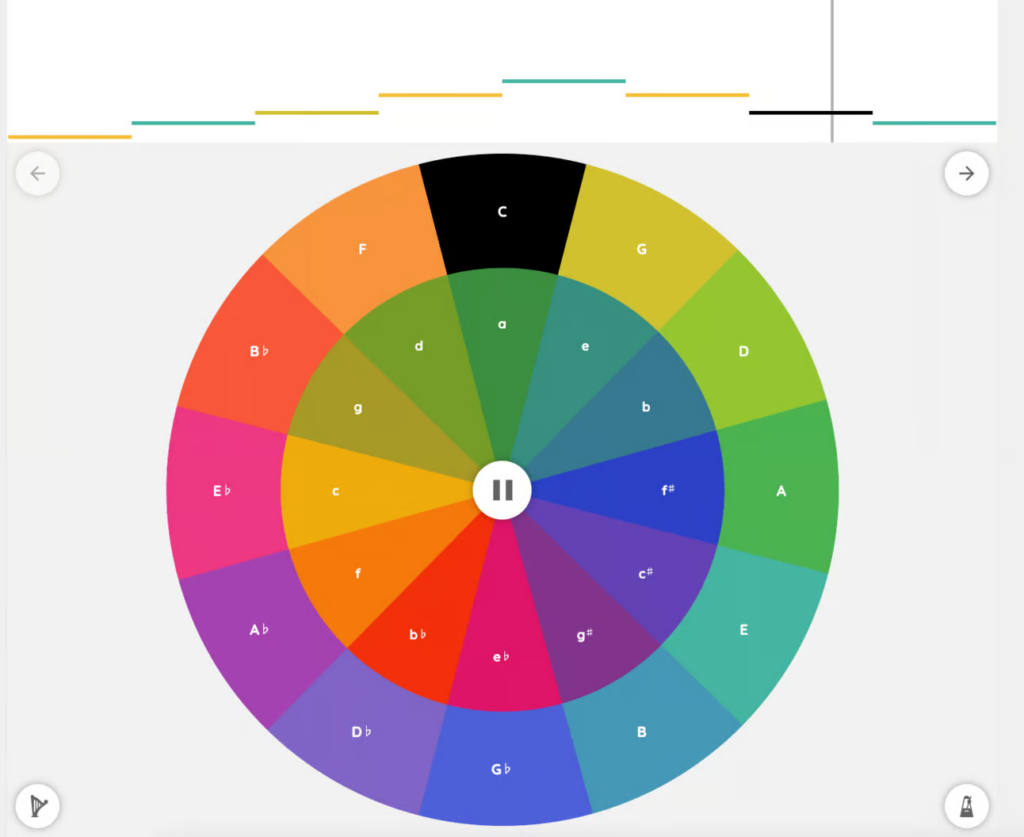To shield or to share? That is the question.
💡 THOUGHT
Parents: Sharing your struggles may help
When my wife Amy and I launched OpenEd (formerly My Tech High) in 2009, our children ranged from ages 7-16. Raising five active kids while running an education business and disrupting the status quo was quite stressful. Over the years, we often tried to shield our children from the challenges we faced to help them feel more safe and secure.
Years later, our kids (all married now!) told us something surprising:
“We wish you had shared more struggles with us. We mainly just heard the success stories, which made us feel like our own stress wasn’t normal.”
As parents, we often try to protect our kids by only highlighting the positive.
We sometimes hide our difficulties thinking it’ll make them feel more secure.
However, by not being more open about the struggles we face, we can unintentionally cause young people to feel isolated—like they’re the only ones who experience challenges.
Seeing their parents struggle and fail, then regroup and persist through it can be a powerful learning experience for children.
This doesn’t mean dumping adult problems on kids. But there’s real value in finding the right balance—between shielding and sharing. Some call it “appropriate vulnerability”: acknowledging when we’re wrong, sharing stories of our own failures, and being comfortable admitting, “This is really hard for me, too.”
Sometimes one of the best gifts we can give our children isn’t a stress-free life, but the permission to be human.
– Matt
📊 TREND
Trust your instincts
Three moms recently shared their educational journeys at EdChoice’s MOMCON event, and their stories underscore what we’ve been saying: there’s no single “right way” to learn.
- Tressena pulled her son from public school due to bullying – he’s now thriving as a homeschooler and aspiring engineer.
- Sharon’s daughter suffered from post-concussion syndrome until they found relief in a virtual school.
- Sherina has tried it all – private, charter, public, and home education – tailoring the approach for each of her seven children.
What unites these stories is that each parent trusted their instincts over institutional pressure. They chose paths that many would have considered “alternative” just a decade ago.
Parents increasingly view schooling options like ingredients in a recipe rather than pre-packaged meals. Mix and match. Adjust to taste. Change when needed.
It’s the single biggest shift in American education, and we are all here for it.
⚒️ TOOL
Music Lab: Turn Your Browser Into a Musical Playground
Looking for a way to sneak some STEAM learning into your day? Chrome Music Lab turns music theory into visual, hands-on experiments that kids actually want to play with.

What we love:
- No account needed
- Works on any device
- Connects music to math and science
- Perfect for visual learners
- Free (and always will be)
Our favorite experiment? “Song Maker” – where kids can compose by drawing. It’s like Paint, but for music.
Pro tip: Let your kids play freely first. The learning happens naturally as they experiment.
(QUOTE) OF THE DAY
“Play is the highest form of research.”
Albert einstien
That’s all for today!
– Charlie (the OpenEd newsletter guy)
